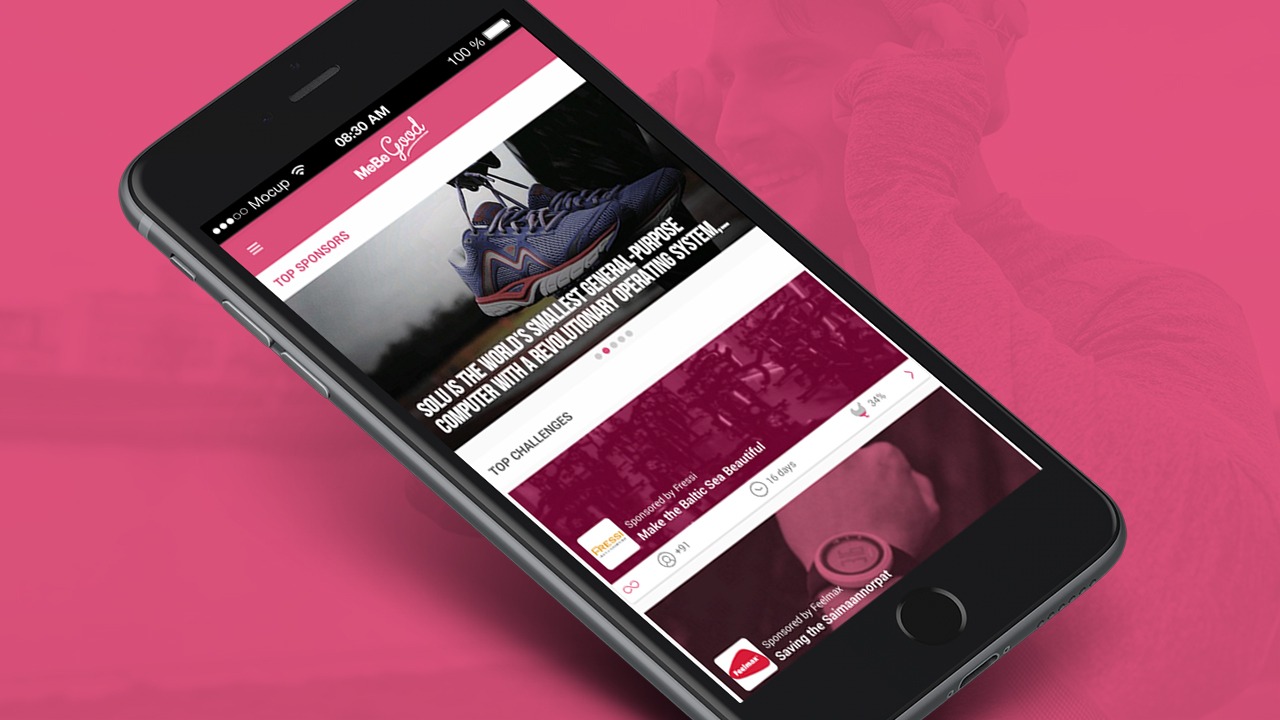UX development strategy has evolved and developed over time and experts have defined it in a variety of different ways. At its beginning decisions were made in the boardroom with strategy authoritatively introduced and executed by designers. However, the Internet has become a game changer in this process with the end user being a prime decision maker with products directed to their specific needs and preferences.
The Development of Strategic UX
User Experience Strategy is no longer confined to sketching „beautiful interfaces with nice graphics” but is part of an innovative and integrated service. It’s a precise process that starts at the strategy stage and informs the entire project cycle. Consequently the UX design strategy begins whilst constructing the business model, and is modified by researching and implementing ways the service can be adapted to satisfy the user. This phenomena has grown, along with the User Interface design, into a crucial part of defining business strategy.
It’s also about testing human requirements, developing innovations, and evolving the service before, during and after its launch. Strategy as a design discipline has taken its rightful place as a primary concern in the minds of senior executives, showing good UX Strategy of a product as a serious business advantage. The focus of the contemporary market and ways of thinking have changed. Companies can no longer depend on individual recognizable products. We now live in an on-demand world and businesses only thrive when their products answer specific human needs.
Simply stated: if a managers’ goal is to ensure that the business strategy is to be integral in the product, first it has to be inherent in the UX Strategy. To understand this more fully we need to ask ourselves: If one had a terrible experience on a company’s website or app, what is the lasting impression one has of that company?
The Basic UX Process
The UX strategy creates a magnificent design strategy that is greatly enriched by building users satisfaction throughout the process and KISS („Keep it Short and Simple” well get back to it later). The key is to define each aspect of the user experience before initiating the design phase. This way you’re giving your team directions for all aspects of the design process before it starts. This optimizes efficiency and keeps misunderstandings to a minimum. It also decreases the wastage of time and resources throughout the creative process. Teams that deliver such values are able to make significant differences in many ways.
One important one being the anticipation of changing user behavioral patterns. As technology evolves and develops ever more rapidly, so does user behavior and requirements as well as the adaptation of new tools and features.
New products must constantly anticipate user expectations when providing digital services that not only fulfill users needs but also stimulate excitement and desire. This is why the process of UX Strategy must align different product teams around a shared product vision. Their combined efforts will maintain consistency across UX Strategy touchpoints, features, and tools so that the user always has a smooth, positive experience.





